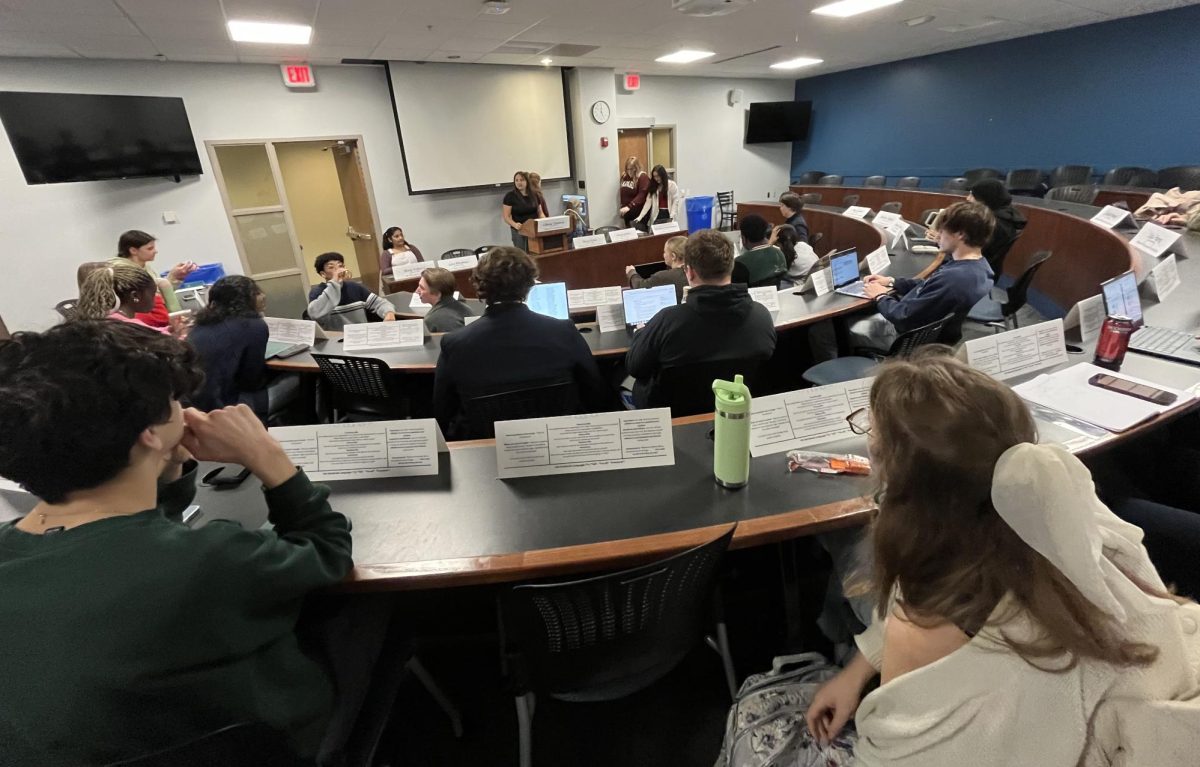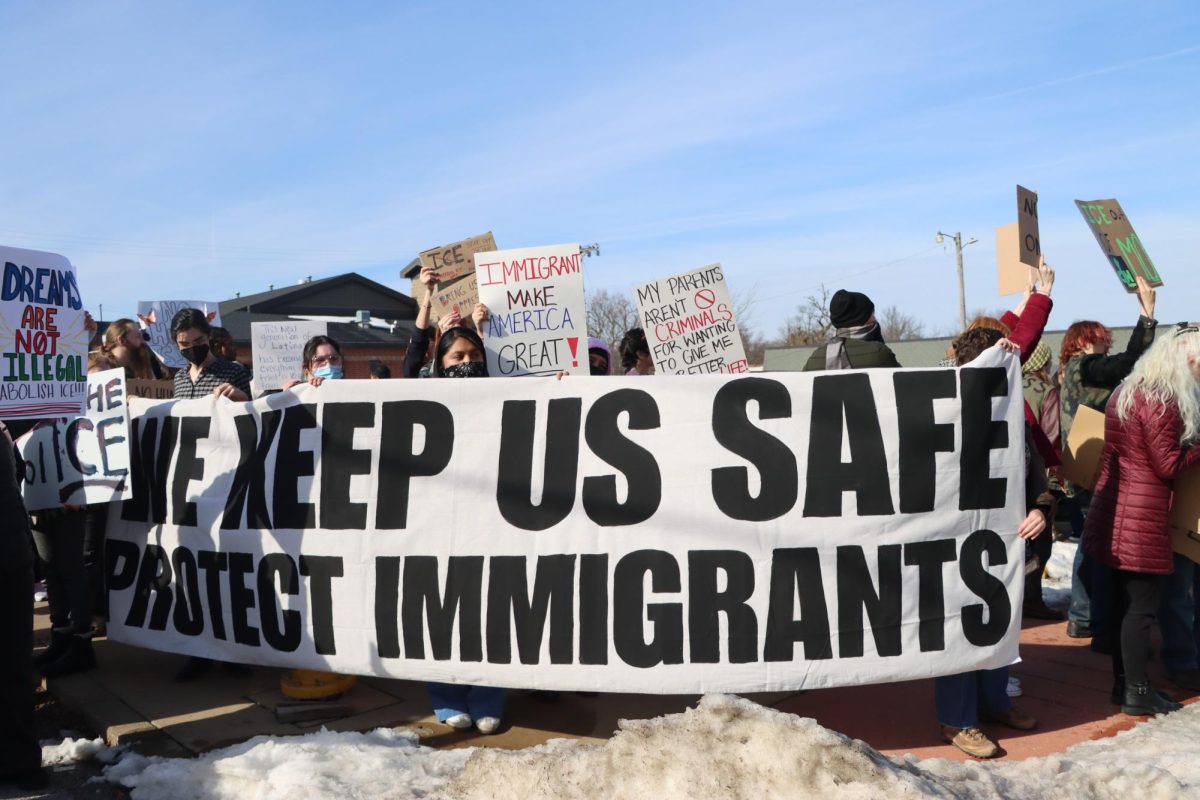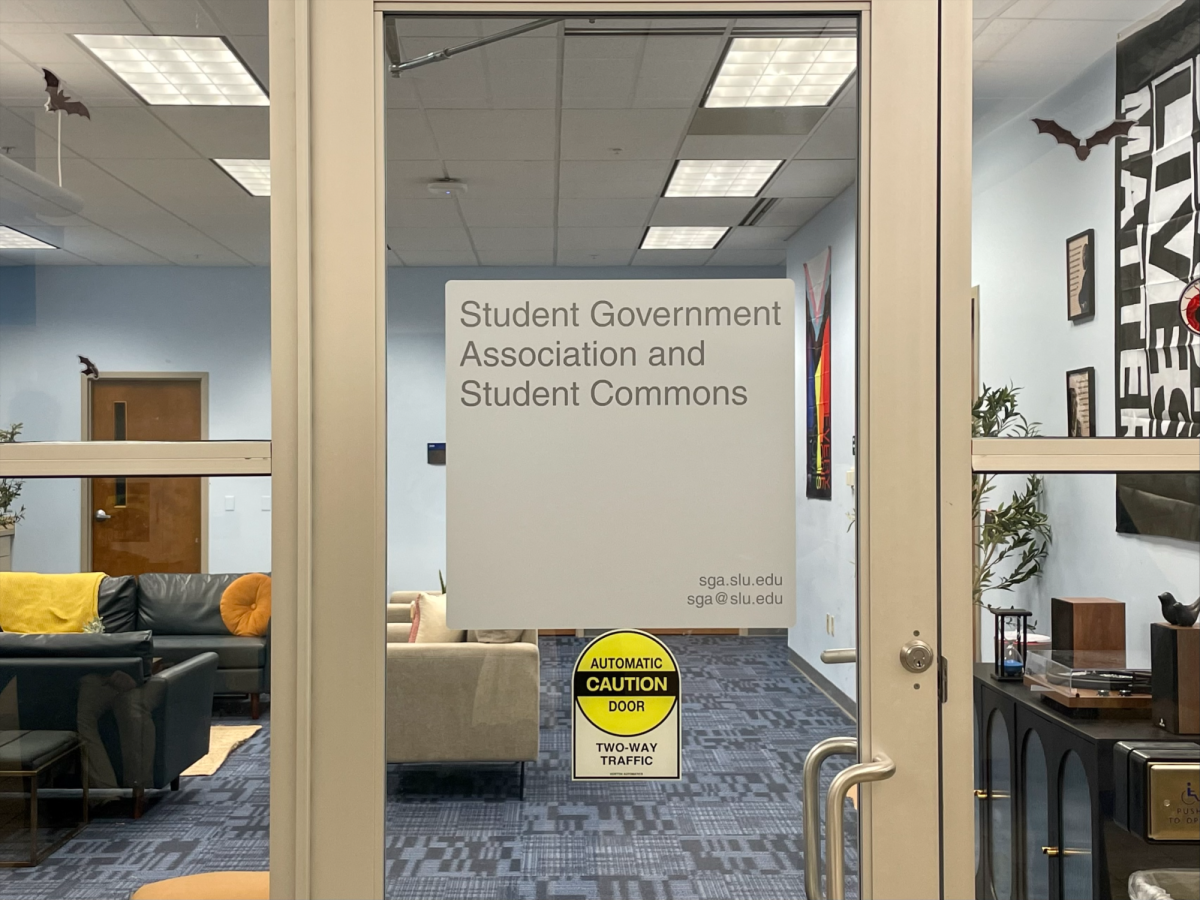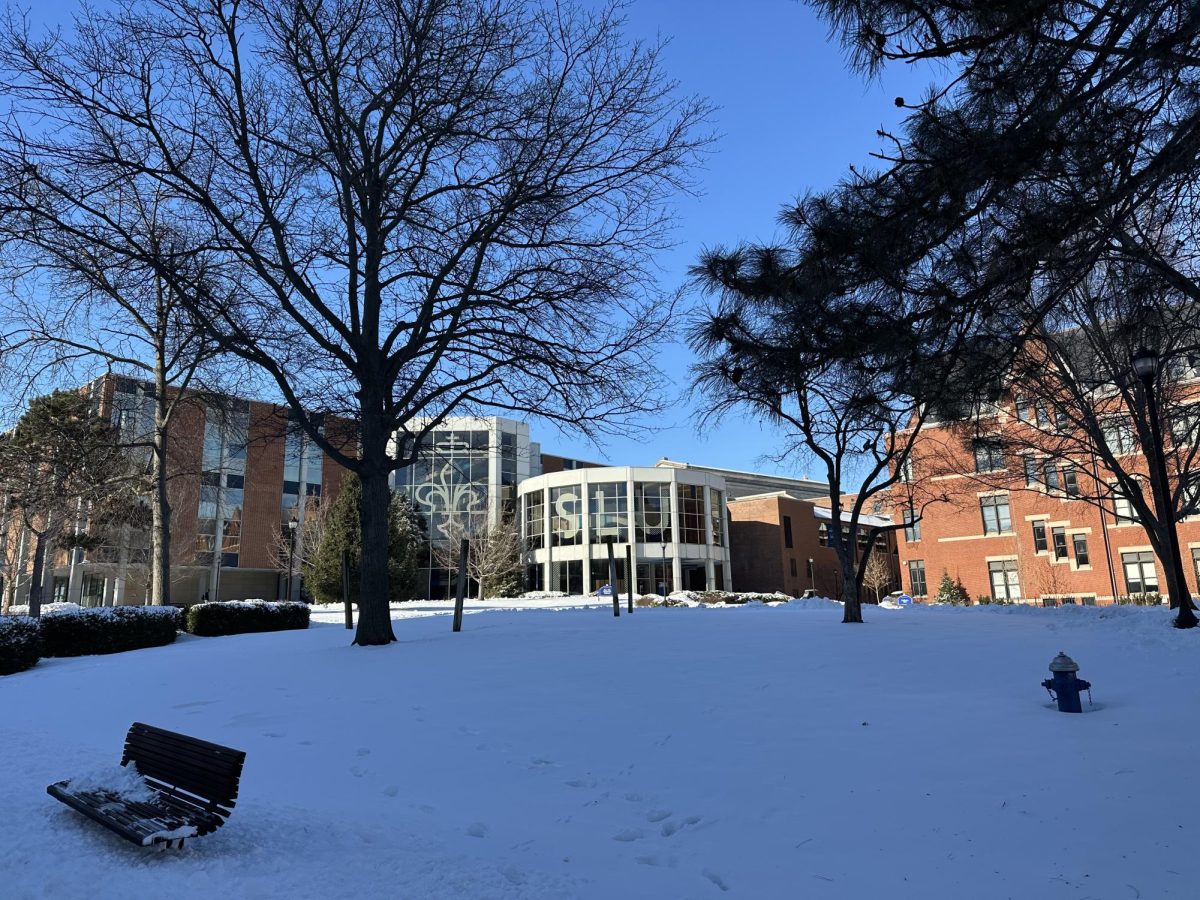Is Napster an underground movement dedicated to returning control of music to consumers and artists? Or is it a corporation designed to profit from the works of musicians without compensating them?
Prominent rapper Chuck D and former Rhino Records executive Ted Myers met last Thursday in the Saint Louis Room to debate that question in front of a relatively small crowd of Saint Louis University students.
Chuck D supported continuing the free use of Napster, and Myers advocated changing the system to ensure that artists are compensated for the use of their works.
According to Chuck D, the major recording companies have too much influence over what music is heard and how much it costs in stores. To him, Napster is a method of putting control of the music industry with musicians and their supporters.
He said, “Right now, the recording industry is using the artists like a shield [to deflect criticism], but they don’t care about the musicians.”
While Myers agreed that the recording industry is corrupted by big business, he countered Chuck D by pointing out that Napster itself is a corporation, except it doesn’t pay musicians to distribute their songs.
He said that this hurts the artists’ ability to support themselves, and it may eventually take away the incentive for musicians to make new music.
He said, “If you take and enjoy a product, all I am looking for is equity in compensation. I’m not suggesting that we stop Napster use altogether, just that we make it fair for the musicians involved.”
Both men agreed that, despite recent court decisions against Napster, sharing music over the internet is here to stay. Chuck D said, “Trying to stop file sharing is like trying to stop the rain.”
Overall, the two were respectful and professional toward each other, and they agreed on many points. Chuck D’s repeated use of profanity in his speeches was the only disruption of the evening.
Both speakers seemed quite enthusiastic during the debate, and they talked closely with students at the reception afterwards. Tricia Fechter, chairperson of the Great Issues Committee, which sponsored the event, said, “They really wanted to hang out with the students. Afterward, they both went to KSLU and did an on-air interview, which they didn’t have to do.”
Fechter said that she thought that the event was a success, except for the small number of students in attendance. She was disappointed that only about 200 people attended the debate, only a third of her goal of 600 attendees.
“I think that those who were there did get a more personal connection with the two speakers because of the small crowd,” she said. “A lot of people got personal photos taken with Chuck D that they might not have been able to if more people were there.”
Meanwhile, the legal battle over Napster has intensified. On Monday, a federal judge ordered Napster to prevent copyrighted files from being downloaded. Napster must now remove a song from its service within three days of receiving a complaint from a copyright holder.








